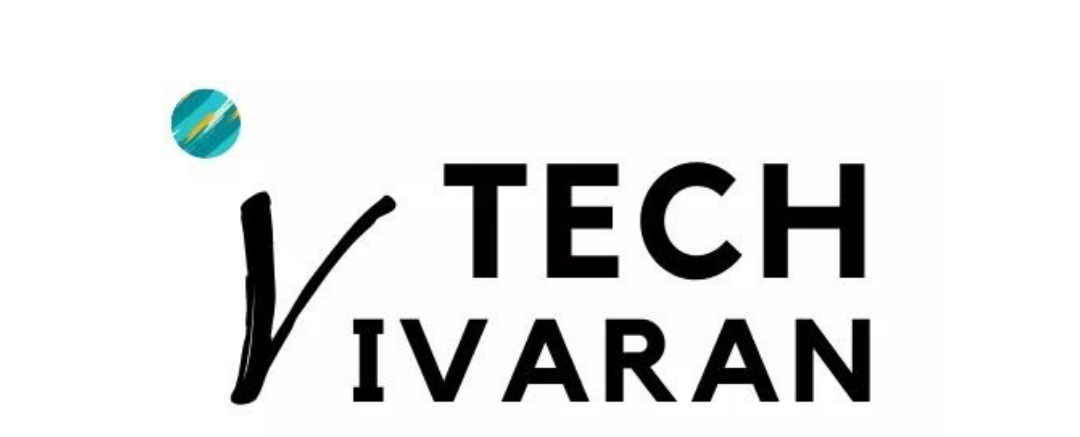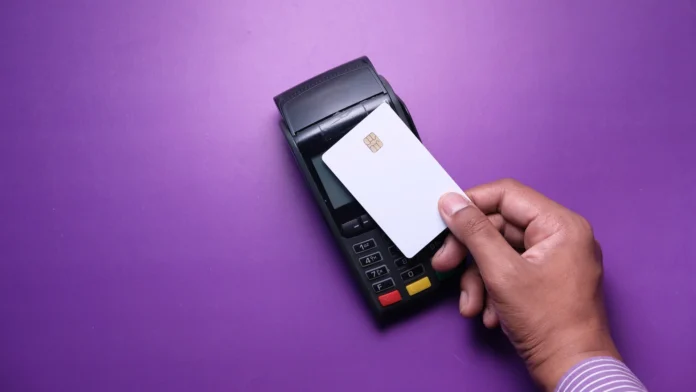Blockchain technology promises faster, more affordable, secure payment methods in addition to a distributed ledger that can promote participant confidence. Initially, blockchain started to support digital currencies, but now it is used in many different businesses, including payments.
The 7 Best Uses of Blockchain in the payment sector
Verification of Digital Identity
Blockchain helps to make digital verification easier and reduces the time for users. Here all the documents uploaded by the user are identified, and the process is automated. A digital identity is created, which helps to reduce the time complexity of verifying every document.
High levels of Data Security
Another use of blockchain in payment processing is the high level of data security. As you are aware, merchants fail to meet all of the requirements of this accreditation. In most situations, they overlook the notion that card data security should be a top focus.
As a result, these channels provide virtual security for the customer’s credit card information. However, with a blockchain billing system, the situation can significantly change. Blockchain offers a secure network procedure via which merchants can keep consumer information so that no one else can access the data.
This procedure can effectively eliminate all types of data security issues.
Anti-Money Laundering (AML) Protocols
Blockchain has the potential to forever change the game for payment processing methods. Blockchain billing system helps honest banks to maintain better compliance. Furthermore, they can readily identify any illegal activities that occur in the long run.
Automated KYC process
The KYC procedure is not as simple as it appears. It requires a lot of paperwork and official papers to verify it.
However, with blockchain-based payment options, a consumer only needs to go through the procedure once, and all processes are automated. In truth, blockchain is a secure but distributable ledger system. As a result, banks can communicate with one another and share KYC data.
Transfers between peers (P2P)
Peer-to-peer transactions are another use case for blockchain payment platforms. Employing blockchain technology allows users to transact with another user directly. They will not need to go through a mediator or a central authority to accomplish this.
Users can transfer funds to any geographical location in the world using blockchain.
Lower processing fees
With a blockchain-based payment platform, an intermediary won’t be necessary. As a result, there won’t be any processing charges for it either.
Defense Against Cybercrime
Cybercrime is a significant challenge that the payment industry faces regularly. It occurs due to the company’s failure to provide the necessary security standards or rules when requested.
With a blockchain-based payment system, businesses will never have to worry about cyber threats. Blockchain is ideal for dealing with any form of cyber-attack. There are blockchain-based anti-DDoS attack tools that can assist you in defending against any DDoS attack.






